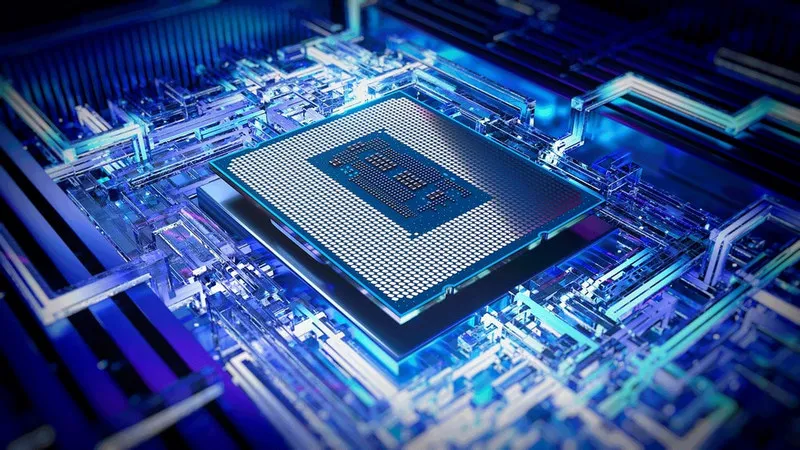Gordon Moore, co-founder of Fairchild Semiconductors and Intel, initially proposed Moore's Law in 1965, envisioning a yearly doubling of transistors in a chip. In the 1970s, he adjusted the timeline to a biennial doubling. Presently, Intel's CEO, Pat Gelsinger, notes a further slowdown, with the expectation that transistor counts will double every three years, challenging the traditional pace set by Moore's Law.
The significance of a chip's transistor count lies in its direct correlation to power and energy efficiency. For instance, the A17 Pro SoC in the iPhone 15 Pro boasts 19 billion transistors, a considerable leap from the A13 Bionic's 8.5 billion transistors, resulting in substantial advancements in performance and energy consumption.
Gelsinger, optimistic about the trajectory of Moore's Law, predicts Intel could surpass its constraints until 2031, emphasizing the company's upcoming A18 (1.8nm) process node set to outpace TSMC and Samsung Foundry. Despite acknowledging the challenges and slowdown, Gelsinger introduces the concept of "Super Moore's Law" or "Moore's Law 2.0," leveraging 2.5D and 3D chip packaging to enhance transistor counts.
Looking ahead to 2030, Gelsinger envisions the possibility of creating a chip with one trillion transistors. Technological advancements like RibbonFET transistors, PowerVIA power delivery, next-gen process nodes, and 3D chip stacking contribute to this ambitious goal. Gelsinger highlights the evolving economics of the industry, emphasizing the transformation from a $10 billion to a $20 billion investment for modern fabs over the past seven to eight years.


"Intel is pushing the limits of Moore's Law with breakthroughs like the A18 (1.8nm) manufacturing node and the idea of 'Super Moore's Law,' in the pursuit of a trillion-transistor device by 2030. What is the potential impact of these technological developments, such as 3D chip stacking and RibbonFET transistors, on the IT sector and how will they redefine processing power? Do you think Intel will be able to overcome obstacles and reach the lofty target of one trillion transistors? What do you think of Pat Gelsinger, the CEO of Intel, mentioning the changing semiconductor industry economics? Have you also looked at mobilezmarket lately for news on innovative chip technologies?
ReplyDelete